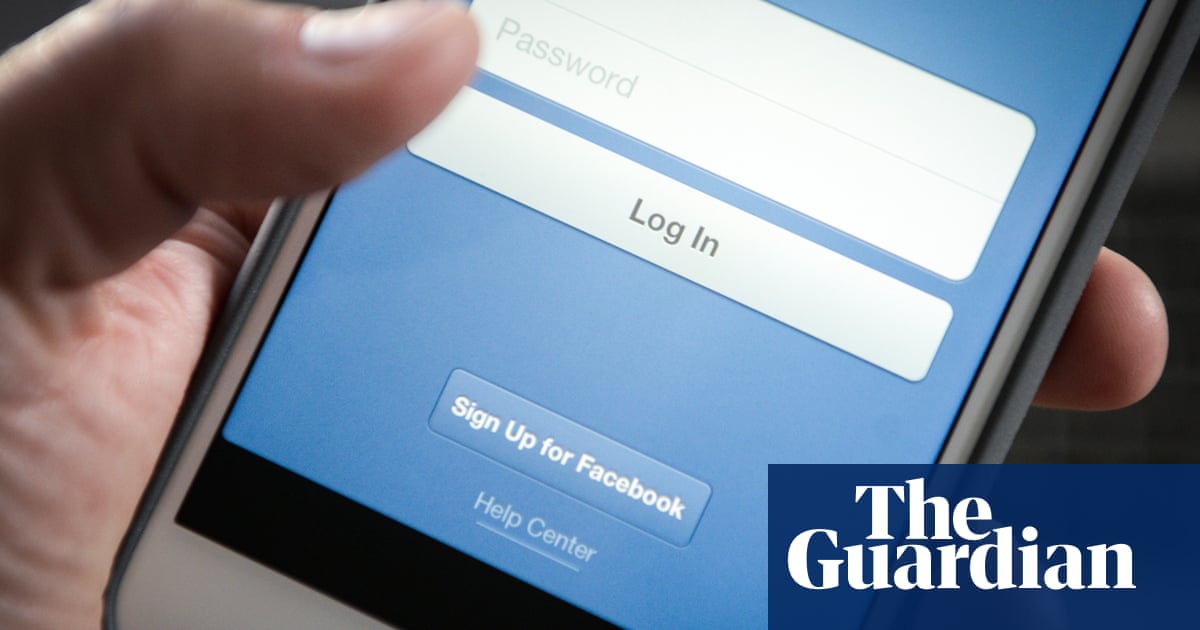Facebook Urged To Tackle Spread Of Fake Profiles Used By US Police

The Electronic Frontier Foundation (EFF) has called on Facebook to address the proliferation of undercover law enforcement accounts on the social networking site following a Guardian report that revealed a secret network of accounts operated by US Immigration and Customs Enforcement (Ice).
EFF, a digital civil liberties not-for-profit, said law enforcement agencies are able to create fake accounts to spy on users, despite Facebook’s policy which prohibits all users, including government agencies, from making them.
“Facebook’s practice of taking down these individual accounts when they learn about them from the press (or from EFF) is insufficient to deter what we believe is a much larger iceberg beneath the surface,” wrote EFF’s senior investigative researcher, Dave Maass, in a blogpost. “We often only discover the existence of law enforcement fake profiles months, if not years, after an investigation has concluded.”
Police departments in Ohio, New York, Georgia and Nebraska have said they have policies allowing investigators to use aliases and undercover profiles on social media. Federal agencies including the US Drug Enforcement Administration (DEA) have also been caught impersonating users or operating fake accounts.
Though these rules violate Facebook policies, law enforcement have not expressed publicly any significant concern about acting against the social media giant’s rules.
Facebook has issued warnings to several agencies caught using undercover accounts. EFF said Facebook turned down its request to confront the San Francisco police department after it was revealed fake accounts were used in criminal investigations.
In response to a Guardian inquiry identifying five suspicious profiles linked to the University of Farmington, a fake university Ice created to attract foreign students, Facebook quickly took down the accounts. Several other accounts in that network, which the Guardian did not identify to Facebook or Ice, were also taken down.
Facebook said it also contacted the Department of Homeland Security to express concerns about the Guardian’s findings.
EFF said Facebook should:
-
Publish data on how many fake/impersonator law enforcement accounts it identifies in its transparency reports.
-
Alert users and groups that interacted with fake/impersonator accounts about those accounts and which agency operated them.
-
Amend its terms with governments to make it explicit that they are not operating fake/impersonator profiles.
-
Review law enforcement policies for social media use and flag instances that permit fake/impersonator accounts.
“We speak with the EFF regularly and appreciate their interest in ensuring that law enforcement’s use of social media is transparent and complies with the law and relevant terms of use,” a Facebook representative said.
“Law enforcement authorities, like everyone else, are required to use their real names on Facebook and we make this policy clear on our public-facing Law Enforcement Guidelines page. Operating fake accounts is not allowed, and we swiftly act on any violating accounts.”
In courts, undercover social media accounts have so far been treated the same as undercover operations conducted in-person. Legal experts say that could change in the near future, in part because fake social media operations are much less expensive to execute and can be done so quickly on a much bigger scale.
READ MORE HERE
